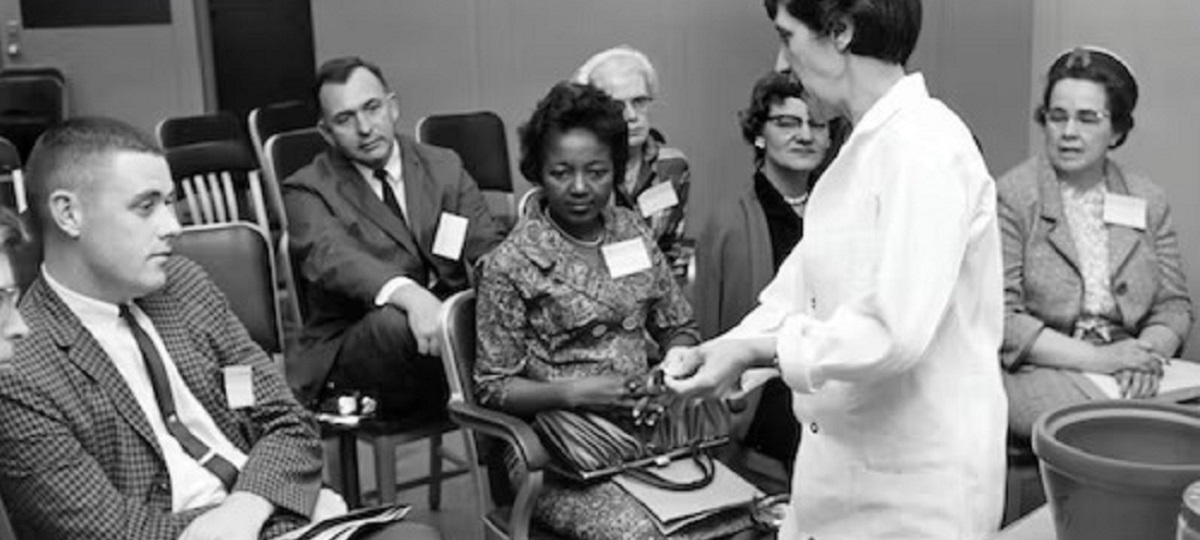How to Prevent Parkinson’s Disease
The primary neurodegenerative condition affecting mobility is Parkinson’s disease. Although Parkinson’s disease currently has no recognized treatment, scientists have made great progress in identifying risk factors and possible guardianship strategies. Adopting a healthy lifestyle and making informed choices can play a crucial role in reducing the risk of prevent Parkinson’s disease. Regular Exercise Engaging in … Read more






